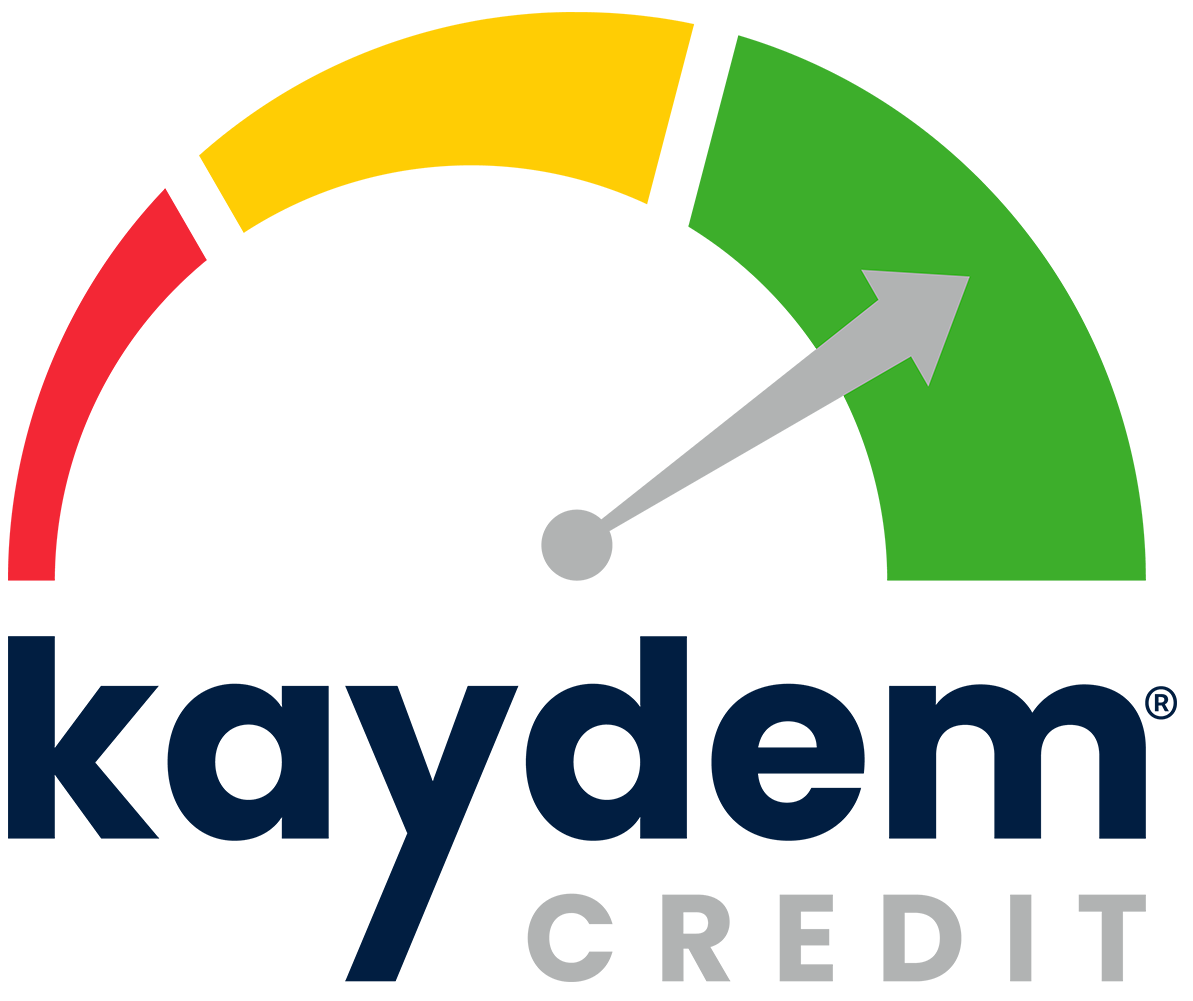The word “budget” can make a lot of people cringe. It often brings up images of penny-pinching, saying no to everything fun, and living in constant restriction. But the truth is, budgeting doesn’t have to feel that way – especially when you’re in the process of repairing and rebuilding your credit.
A budget is less about cutting everything out and more about creating a plan that lets you cover your essentials, improve your credit, and still enjoy life along the way. Let’s break down how to budget wisely while rebuilding your credit – without feeling like you’re broke.
Why Budgeting Matters During Credit Repair
When you’re working on repairing your credit, it’s about more than just disputing errors on your credit report. A strong budget supports the two biggest factors in your credit score:
- On-time payments. Consistently paying bills by their due date is the single most important thing you can do for your credit. A budget ensures you always know what’s coming and can plan accordingly.
- Credit utilization. Keeping balances low (ideally under 30% of your available credit) is another major factor. Budgeting helps you pay down debt strategically and avoid overspending.
In short: your budget is the foundation that makes your credit repair efforts stick.
Common Budgeting Mistakes That Make You Feel “Broke”
If you’ve ever tried budgeting before and given up, you’re not alone. Most people fail at budgeting not because they can’t do it, but because they set themselves up with a plan that feels too restrictive. Here are a few common pitfalls:
- Cutting out all fun spending. If you leave yourself zero room for things you enjoy, you’ll burn out quickly and give up.
- Not planning for surprises. Emergencies happen. If your budget has no cushion, one unexpected expense can throw everything off.
- Making it too complicated. Budgets with 20 different categories are hard to track and easy to abandon.
- Comparing your lifestyle to others. Social media can make it tempting to measure your budget against someone else’s highlight reel – which only creates frustration.
Avoiding these mistakes will make your budget feel less like punishment and more like a tool for progress.
Simple Budgeting Strategies That Actually Work
The best budget is the one you’ll stick to. Here are some straightforward methods that work well when you’re focused on repairing your credit:
- Follow the 50/30/20 rule. Allocate 50% of your income to needs (housing, utilities, groceries), 30% to wants, and 20% to debt payments or savings. It’s simple, flexible, and easy to maintain.
- Prioritize essentials first. Make sure rent, utilities, transportation, and food are always covered. These should never compete with discretionary spending.
- Automate your payments. Set up automatic bill pay for fixed expenses to avoid late fees and missed due dates. This keeps your credit score protected while reducing stress.
- Use cash or debit for fun spending. If you give yourself $100 for eating out this month, withdraw that in cash or use a prepaid debit card. When it’s gone, it’s gone – no overspending.
- Track progress monthly. Check in at the end of each month. Seeing your balances shrink and your habits improve is motivating and makes budgeting feel worth it.
How to Budget Without Feeling Deprived
The key to making a budget that works long-term is balance. Here’s how to stick to your goals without feeling like you’re constantly saying “no”:
- Include guilt-free spending. Even $20 a week for coffee, movies, or takeout can make a big difference in how sustainable your budget feels.
- Celebrate milestones. Paid off a credit card? Hit a 20-point jump in your score? Treat yourself in a small, budget-friendly way.
- Swap instead of eliminate. Can’t give up your coffee fix? Make it at home instead of buying it daily. Want a night out? Opt. for happy hour instead of a pricey dinner.
- Look for hidden money. Cancel unused subscriptions, negotiate your phone bill, or shop around for insurance. Freeing up even $50–$100 a month can go straight toward debt payoff.
- Make your budget fit your life. Don’t force yourself into someone else’s system. If you love using an app, use one. If pen-and-paper works better, do that.
Budgeting isn’t about living less – it’s about living smarter.
Where Kaydem Fits In
Budgeting helps you take control of your day-to-day spending, but sometimes it’s not enough to undo the damage of past credit issues. Errors, collections, and other negative items on your report can keep holding you back even when you’re doing everything right.
That’s where Kaydem Credit Help can make the process easier. While you focus on building better habits through your budget, our team works behind the scenes to dispute inaccuracies, challenge unfair reporting, and help you rebuild a stronger foundation.
Many of our clients find that the combination of smart budgeting and professional credit repair is what creates real, lasting change. The budget keeps you from falling into old patterns, while we help clear away the roadblocks standing in your way.
If you’re ready to rebuild your credit without feeling broke in the process, get started with Kaydem Credit Help today. Together, we’ll create a plan that works for your lifestyle and your long-term goals.
Final Thoughts
Budgeting doesn’t have to feel like punishment. When done right, it’s simply a way to give every dollar a job – making sure your essentials are covered, your debt is shrinking, and you still have room for the things that bring you joy.
Rebuilding your credit is about progress, not perfection. With a budget you can actually stick to and the right support system, you’ll not only feel more in control of your money — you’ll start to see your credit improve along the way.







